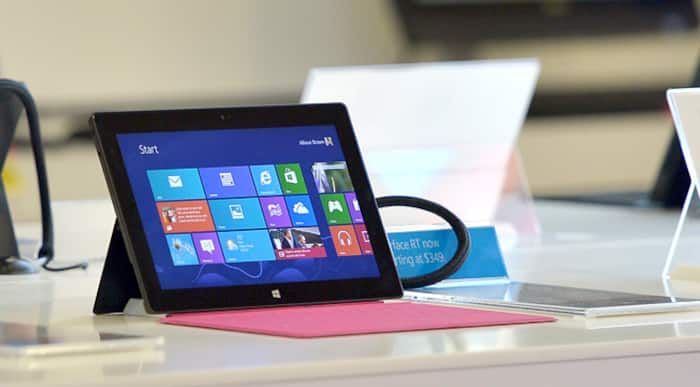
Written By Shweta Ganjoo
Published By: Shweta Ganjoo | Published: Jan 11, 2023, 11:47 AM (IST)

Windows 8.1 is dead. Microsoft has officially ended support for Windows 8.1 operating system. This means that going forward, the company will not be providing technical support for any issue, regular software updates and bug fixes for the OS. Also Read: Why Microsoft built Maia 200 custom chip just for AI inference
“After 10 January 2023, Microsoft will no longer provide security updates or technical support for Windows 8.1. You might be able to upgrade your Windows 8.1 device to a newer version of Windows, but we recommend moving to a new PC that can run Windows 11 as the best option,” Microsoft wrote in a support page. Also Read: Free Apps Worth Installing on Every Phone
Usually, Microsoft provides Extended Security Update (ESU) support to select users as a last resort option for customers who need to run certain legacy Microsoft products past the end of support. While ESU updates don’t include regular software updates that bring new features, these updates do cover critical and important security updates for a maximum of three years after the product’s end of extended support date. However, in the case of its Windows 8.1 operating system, the company has decided not provide ESU support for Windows 8.1 OS.
“Microsoft will not be offering an Extended Security Update (ESU) program for Windows 8.1. Continuing to use Windows 8.1 after January 10, 2023, may increase an organization’s exposure to security risks or impact its ability to meet compliance obligations,” the company added.
In addition to ending support for Windows 8.1, Microsoft has also ended ESU program update for Windows 7. The company had ended support for Windows 7 on January 14, 2020. However, it had later offered ESU program support to select Windows 7 users. This ESU program support ended on January 10, 2023. This means both Windows 7 and Windows 8.1 powered PCs are no longer eligible for critical security updates and bug fixes.
To counter this, Microsoft recommends that users upgrade to Windows 11 as soon as possible. The company also acknowledges that a lot of Windows 7 and Windows 8.1 powered PCs may not be eligible to upgrade to Windows 11 owing to hardware requirements. For such cases, Microsoft recommends that users upgrade to its Windows 10 OS, which will reach its end of support date on October 14, 2025. The company says that ‘installing Windows 10 may not fix problems with your PC hardware or enable upgrade to Windows 11’ but it will provide enough buffer time to users so that they are able to purchase a Windows 11-enabled PC.